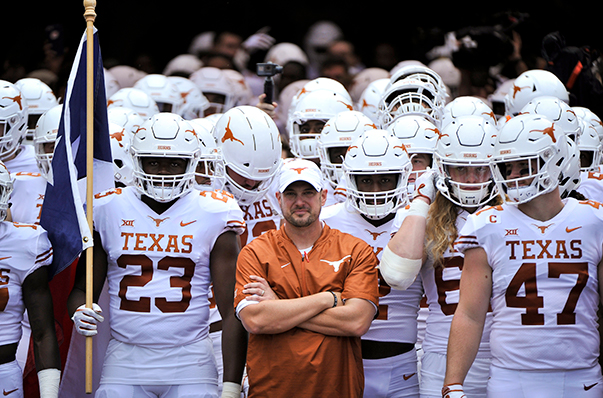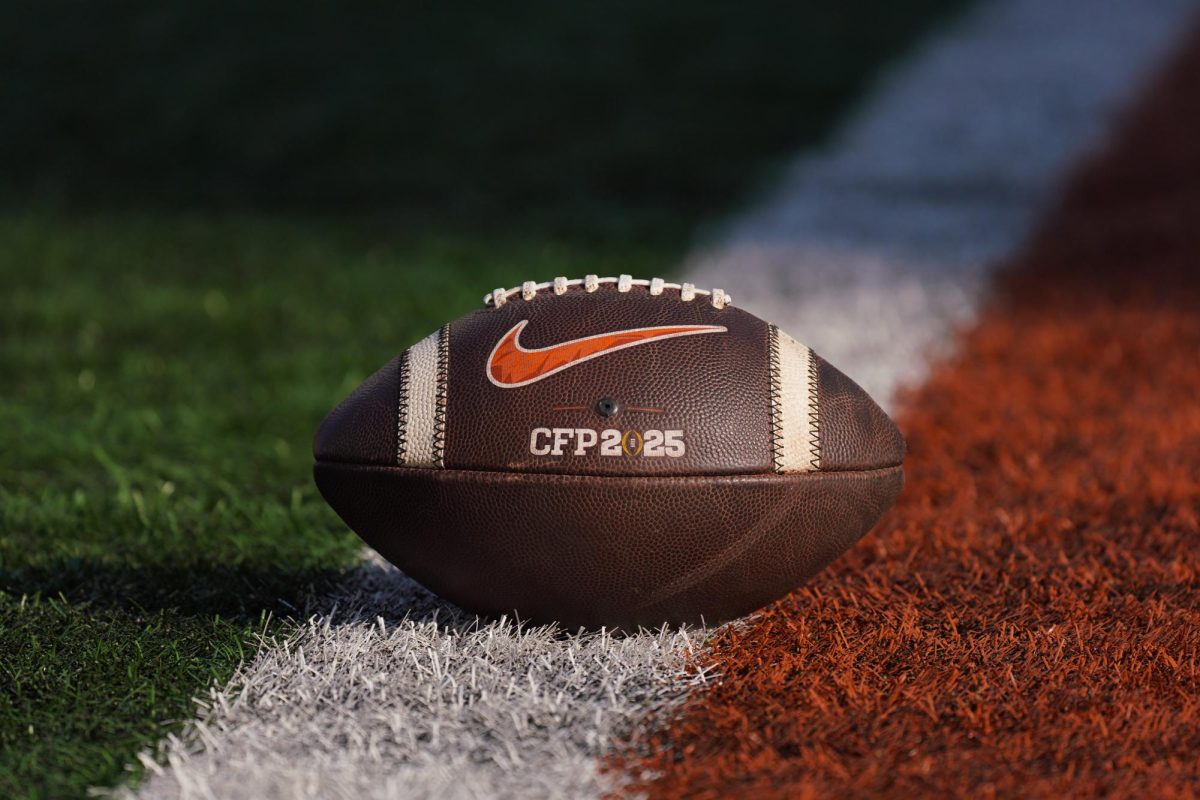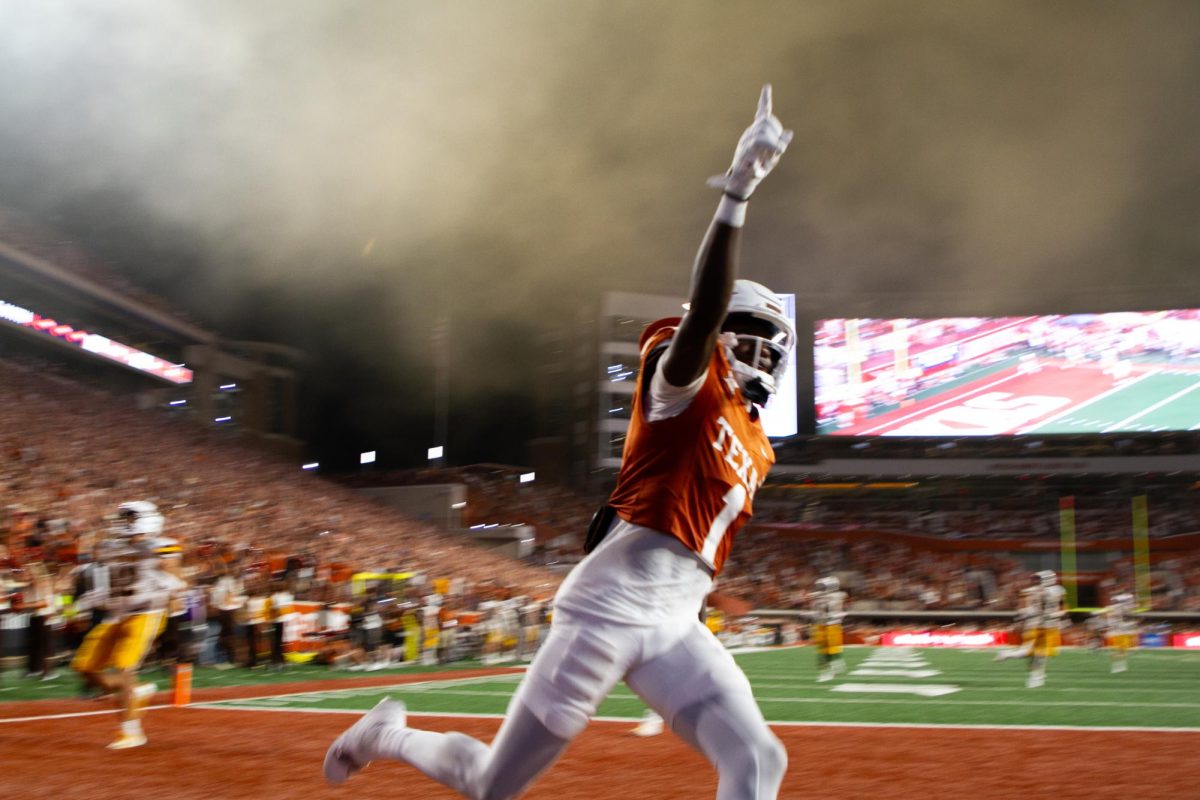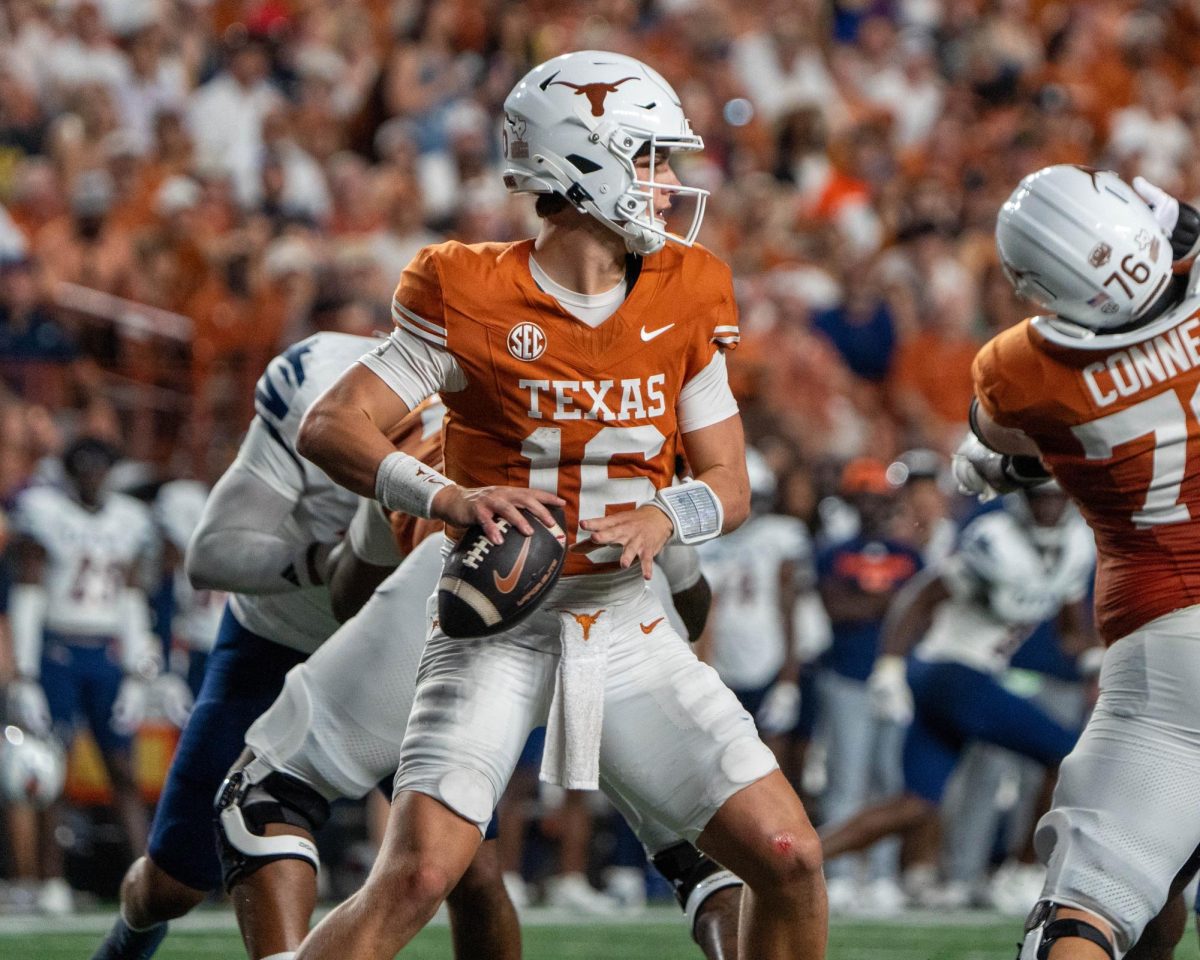Participating schools and conferences must meet specific requirements set by the NCAA Board of Governors if they plan to conduct fall sports, the NCAA announced Wednesday morning.
Each division must determine its ability to meet the requirements and whether their fall sports seasons and championships should occur by Aug. 21. Additionally, due to its concerns over the strong presence of COVID-19 throughout the country, the board said it will only support conducting fall championships if strict conditions are met.
“The first and most important consideration is whether sports can be conducted safely for college athletes,” Michael V. Drake, chair of the board, said in Wednesday’s release. “Each division must examine whether it has the resources available to take the required precautions given the spread of COVID-19.”
Student-athletes must be permitted to opt out of the fall season if they have concerns about contracting COVID-19, and their scholarships must be honored by their respective college or university, the board said. Each division is required to set eligibility accommodations by Aug. 14 for student-athletes who opt out of the fall season or whose seasons are cut short or canceled due to COVID-19 concerns.
Further, member schools, adhering to existing insurance standards, must cover COVID-19 related medical expenses for student-athletes to avoid out-of-pocket expenses for student-athletes and their families, the board said.
“Student-athletes should never feel pressured into playing their sport if they do not believe it is safe to do so,” NCAA President Mark Emmert said. “These policies ensure they can make thoughtful, informed decisions about playing this fall.”
Member schools are expected to follow federal, state and local COVID-19 safety guidelines, according to the release, and fall sports activity must adhere to the return-to-sport guidelines recently released by the NCAA Sport Science Institute. Enhanced safety protocols at fall championships and other postseason competitions include regular testing, separation of college athletes and essential personnel from all other nonessential personnel and physical distancing and masking during periods of noncompetition.
Any alleged failures to comply with the guidelines can be reported to a phone number and email the NCAA will establish. The NCAA will notify reported schools and conference administrators to take immediate action, the board said.
The Big 12 announced Monday its plan for participating football teams to play nine conference games and one home nonconference game in a season set to kick off between mid-to-late September, while the conference championship game was rescheduled for Dec. 12 or Dec. 19. Other Power Five conferences have also released modified 10-game schedules with later start dates. As of now, no Texas football players have opted out of the 2020 football season.





















